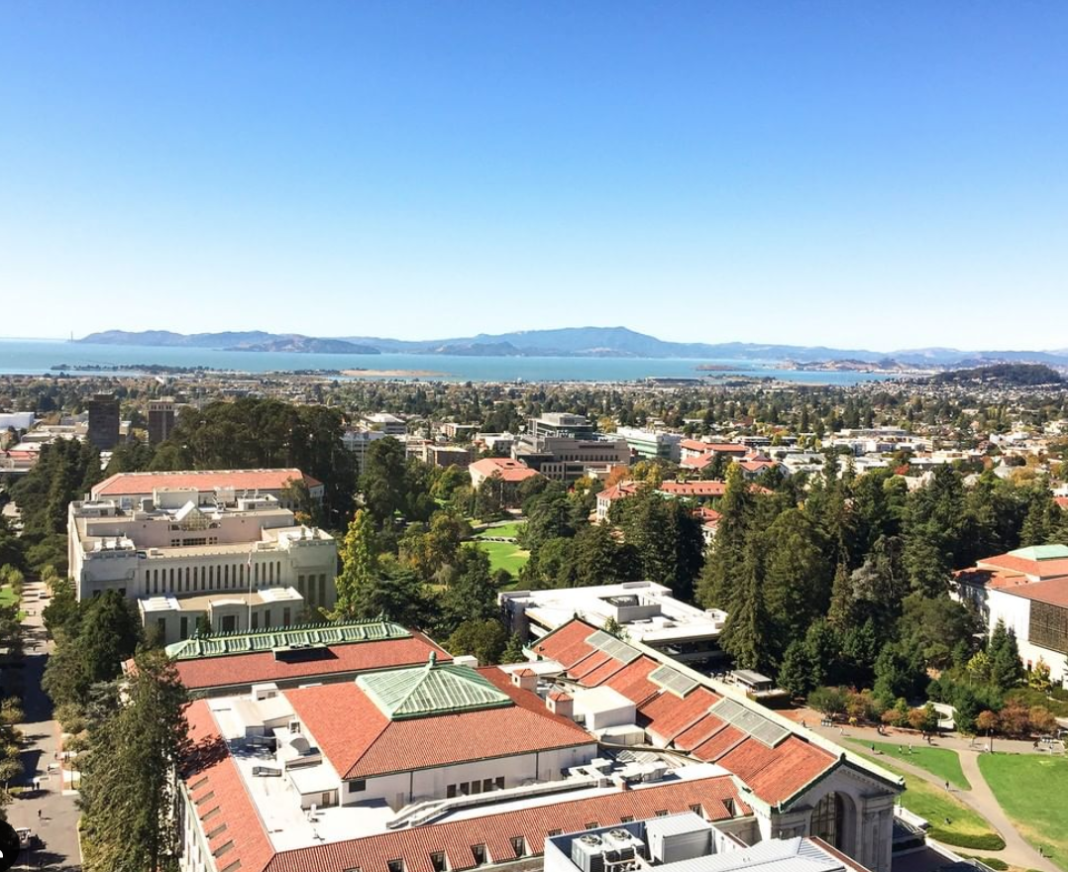BERKELEY — On Monday, September 14, the University of California Berkeley released the news that they will launch the new UC Berkeley Center for the Science of Psychedelics after receiving $1.25 million from an anonymous donor.
According to the news release, the center “will conduct research using psychedelics to investigate cognition, perception and emotion and their biological bases in the human brain.” Experimental studies in the center will utilize psilocybin, the principal psychoactive compound in magic mushrooms, to develop advanced research as well.
“There’s never been a better time to start a center like this. The renewal of basic and clinical science with psychedelics has catalyzed interest among many people,” said David Presti, neuroscientist at UC Berkeley and one of the founding members of the center.
Psychedelics connect with the counterculture movements of the 1960s, and the research has been restricted for fifty years.
The new research center is expected to complete ongoing clinical studies at other universities, such as Johns Hopkins University in Maryland and Imperial College London. Researchers will study how psilocybin and other psychedelic compounds can treat mental health disorders such as anxiety, depression, post-traumatic stress disorder and substance abuse with psychotherapy. Researchers will operate examination to find out cognitive mysteries and connect their studies with philosophy, religion, anthropology, art, computer science and artificial intelligence. They will also focus on healthy study participants.
“This is a pivotal time in history for a discussion about psychedelics and under what circumstances they should be used,” Michael Silver, neuroscientist at UC Berkeley and director of the new center, commented. “This has obviously been a very polarizing topic, but I think people’s minds are changing.”
The new research center will provide public education training services and create learning programs for research participants. The center will work with the Graduate Theological Union to develop learning programs on psychedelics and spirituality.
The website explains that the center will investigate neural mechanisms of visual hallucinations to comprehend how the human brain perceives the world differently, and how this affects psychedelic experiences on social and political attitudes, identity and resilience to stress.
David Presti explained, “Psychedelic medicines can open a doorway to seeing one’s psyche and connection with the world in new and helpful ways. That’s been appreciated by shamanic traditions for thousands of years. Science is now exploring new ways to investigate this.”






